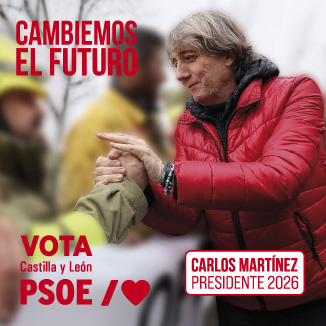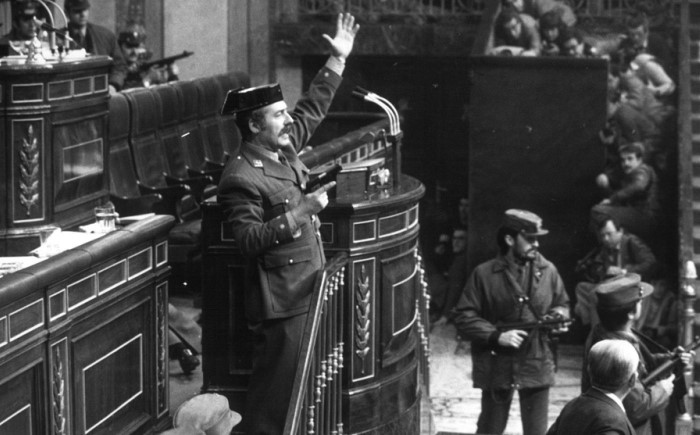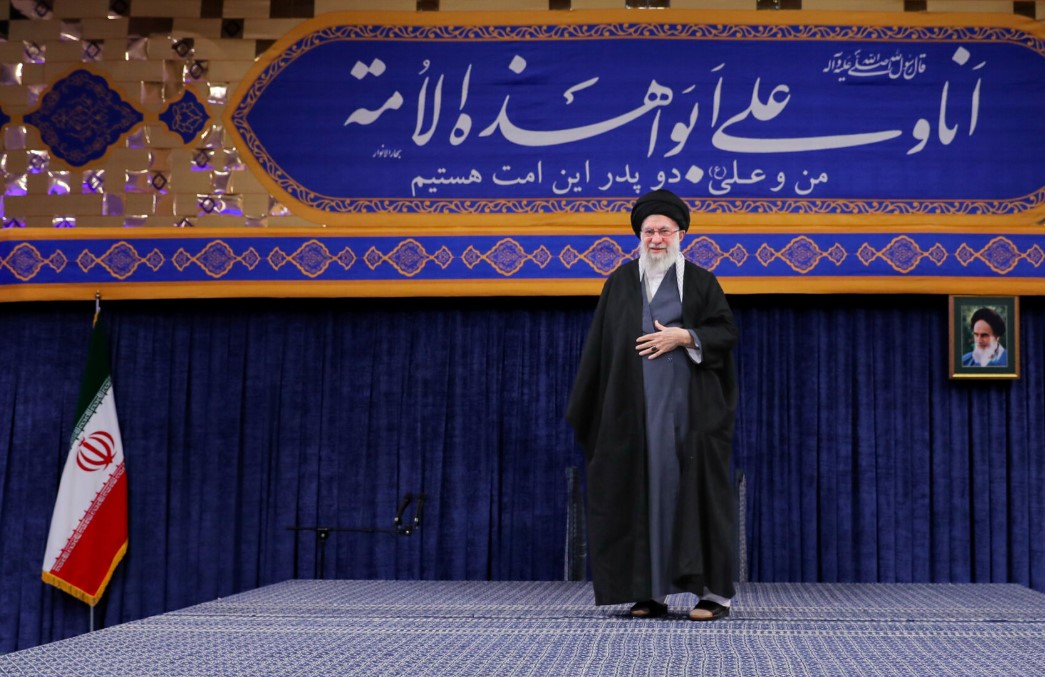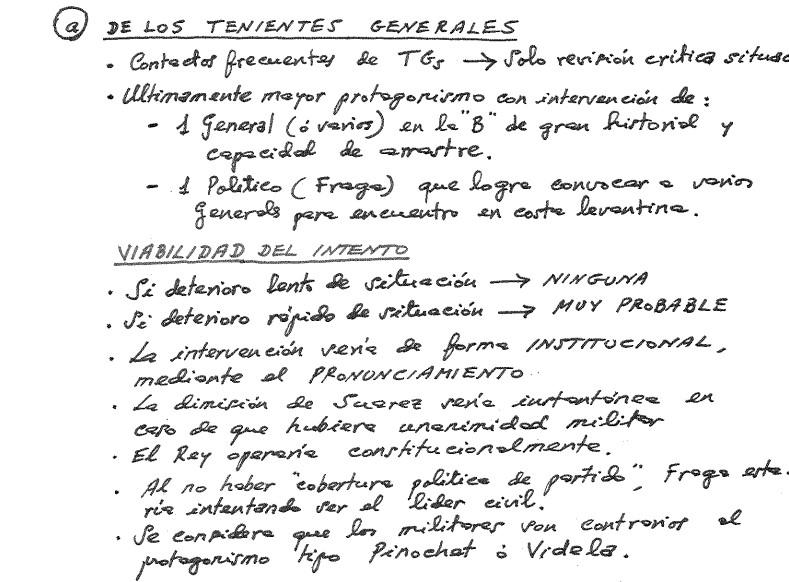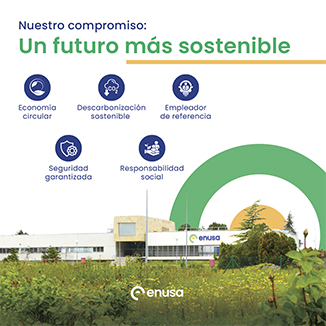[dropcap]E[/dropcap]l funcionamiento de una organización se basa en la necesidad de establecer acuerdos que, normalmente se plasman en los contratos, que son el reflejo escrito de los compromisos y actitudes para la prestación de servicios o venta de productos.
El contrato finaliza una serie de esfuerzos y negociaciones que nos dirigen hacia los procesos posteriores de colaboración; pero, ¿cómo llegamos hasta aquí?
Los expertos aconsejan la necesidad de buscar acuerdos que permitan beneficios equiparables entre las partes, lo que se ha venido en llamar ganar-ganar. Un asunto que, en un principio, es lógico y, es más, que este es el sentido de la colaboración. Pero, para que esto suceda, hemos de:
- Generar confianza mutua, que se consigue cuando ambas partes acuden a la negociación con unos objetivos claros de sus pretensiones y se evalúa el grado de cumplimiento durante y después de la negociación. Ambas partes han de estar satisfechas con el nivel conseguido.
- Ser transparentes expresando las intenciones reales desde un principio, pues cualquier detalle que quede oculto o se plantee de forma maliciosa puede dar al traste con la relación en cualquier momento. Hemos de olvidar la picaresca.
- Ser fieles al acuerdo alcanzado olvidando las influencias personales y guiándonos, estrictamente, por códigos éticos profesionales.
- Se justos y equilibrados, para lo cual debemos centrarnos en los objetivos y, si aparecen posibilidades no analizadas que pudieran crear perjuicios a las partes, hemos de comunicarlas y resolverlas con la misma actitud que generó el contrato.
Hemos alcanzado el acuerdo y, durante el camino que se realizará de forma conjunta, debemos mantener los mismos criterios éticos que lo generaron, sin intentar obtener mayor beneficio perjudicando a la otra parte.
“Nunca negociemos desde el temor y nunca temamos negociar” (John F. Kennedy)
Then, Do we agree?
[dropcap]T[/dropcap]he operation of an organization is based on the need to establish agreements that are usually embodied in the contracts, which are the written reflection of the commitments and attitudes for the provision of services or sale of products.
The contract ends a series of efforts and negotiations that direct us towards the subsequent processes of collaboration; but, how do we get here?
Experts advise the need to seek agreements that allow comparable benefits between the parties, which has come to be called win-win. A matter that, at first, is logical and, moreover, that it is the meaning of cooperation. But, for this to happen, we have to:
- Generate mutual trust, which is achieved when both parties come to the negotiation with clear objectives of their claims and the degree of compliance is evaluated during and after the negotiation. Both parties have to be satisfied with the level achieved.
- Be transparent expressing the real intentions from the beginning, because any detail that is hidden or raised in a malicious way can disrupt the relationship at any time. We must forget the picaresque.
- To be faithful to the agreement reached, forgetting personal influences and strictly guiding us by professional ethical codes.
- Be fair and balanced, for which we must focus on the objectives and, if untested possibilities appear that could create harm to the parties, we must communicate and resolve them with the same attitude that generated the contract.
We have reached the agreement and, during the road that will be carried out jointly, we must maintain the same ethical criteria that generated it, without trying to obtain greater benefit by harming the other party.
“Never negotiate from fear and never fear to negotiate” (John F. Kennedy)
Más información: GESPROSAL




